OCD Counseling: A Path to Healing and Growth
Obsessive-Compulsive Disorder (OCD) can be a debilitating condition that affects millions of people worldwide. However, effective help is available. Seeking OCD counseling can be a powerful and transformative step toward understanding and managing the disorder. In this blog post, we will explore the benefits of OCD counseling and discuss how it can guide individuals toward healing and personal growth.
Understanding OCD Counseling
OCD counseling involves working with a trained therapist or counselor who specializes in treating OCD. These mental health professionals have specialized knowledge and experience in helping individuals navigate the challenges posed by OCD. Through a collaborative therapeutic relationship, they provide guidance, support, and evidence-based interventions tailored to each person's unique needs.
The Role of OCD Counselors
OCD counselors play a vital role in the recovery process. They provide a safe and non-judgmental space for individuals to explore their thoughts, emotions, and behaviors related to OCD. With their expertise, counselors help clients understand the underlying causes and triggers of their OCD symptoms, identify unhelpful thinking patterns, and develop effective coping strategies.
Benefits of OCD Counseling
Professional Guidance: OCD counselors offer professional guidance and expertise in understanding and addressing OCD symptoms. They can provide valuable insights into the nature of OCD and help individuals gain a deeper understanding of their condition.
Evidence-Based Therapies: OCD counseling often incorporates evidence-based therapies such as Cognitive-Behavioral Therapy (CBT) and Exposure and Response Prevention (ERP). These therapies have been proven to be highly effective in reducing OCD symptoms and improving quality of life.
Individualized Treatment: Each person's experience with OCD is unique and complex. OCD counselors work closely with individuals to develop personalized treatment plans that address their specific needs and goals.
Safe and Supportive Environment: Counseling provides a safe and supportive environment where individuals can openly express their fears, concerns, and thoughts without judgment. This nurturing space fosters healing, self-discovery, and personal growth.
Learning Coping Skills: OCD counseling equips individuals with practical coping skills to manage and reduce their OCD symptoms. These skills may include cognitive restructuring, relaxation techniques, mindfulness, and exposure therapy.
Long-Term Support: OCD counseling often provides ongoing support throughout the recovery journey. Counselors can offer guidance in times of relapse, help individuals navigate challenging situations, and provide support as new life stressors arise.
Taking the First Steps
If you're considering OCD counseling, taking the first steps can feel overwhelming. Here are a few tips to help you get started:
Research: Take the time to research and find a qualified OCD counselor in your area. Look for professionals who specialize in OCD treatment and have experience in evidence-based therapies.
Ask for Recommendations: Reach out to your primary care physician, mental health organizations, or trusted friends or family members who may be able to provide recommendations for OCD counselors.
Make Initial Contact: Once you've identified potential counselors, make initial contact by setting up an appointment or consultation. This allows you to gauge their expertise, rapport, and compatibility with your needs.
Open and Honest Communication: During your sessions, be open and honest with your counselor about your experiences, symptoms, and treatment goals. Transparent communication is critical for developing an effective treatment plan.
Embracing Healing and Growth
OCD counseling is a transformative journey that empowers individuals to reclaim their lives from the grip of OCD. It offers a path toward healing, personal growth, and a renewed sense of well-being. Remember, seeking help is a sign of strength, and with the support of an OCD counselor, you can overcome the challenges of OCD and build a brighter future.
Please note that this blog post is for informational purposes only and should not replace professional advice. Always consult with a qualified mental health professional for personalized guidance on your specific situation and needs.
Looking for support now? Schedule a free treatment consultation with one of our OCD specialist counselors today!
